Pregnancy calendar:
Week by week
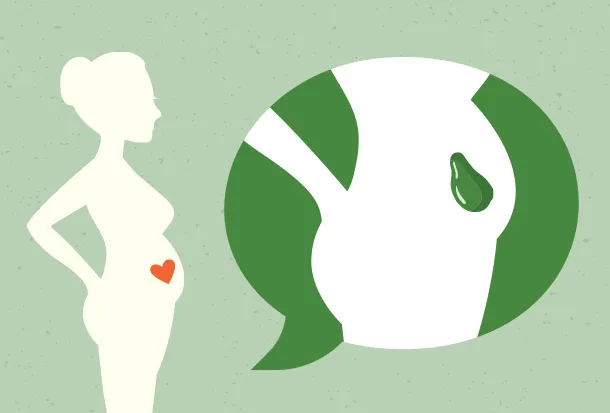
The 13th week of pregnancy – the development of the baby and the well-being of the mother.
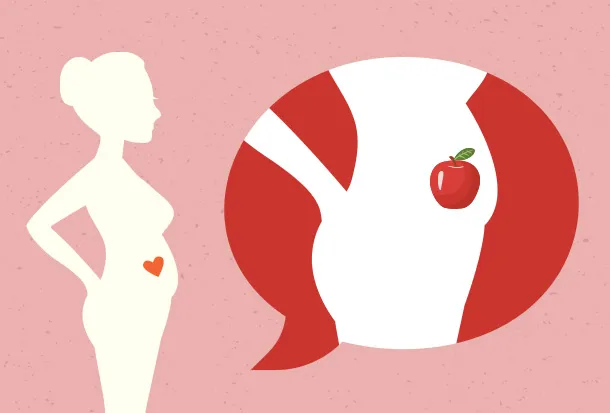
Pregnancy calendar: 12th week of pregnancy. How is the baby developing?
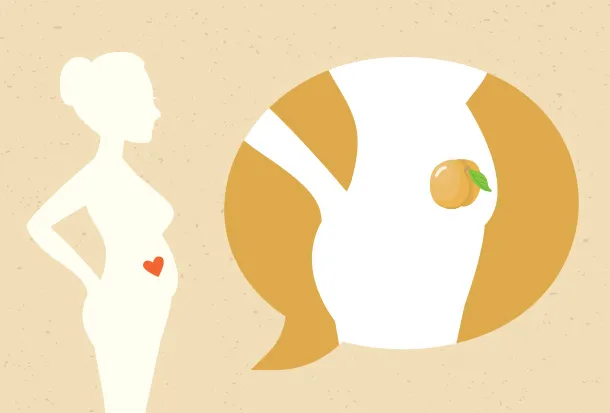
11th week of pregnancy – how big is the baby, what symptoms bother the mother, what tests are useful?
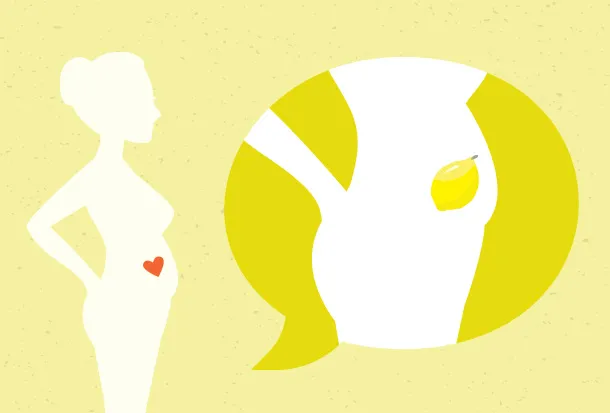
10th week of pregnancy – symptoms and changes in the mother’s body. What complaints can be expected at this stage?
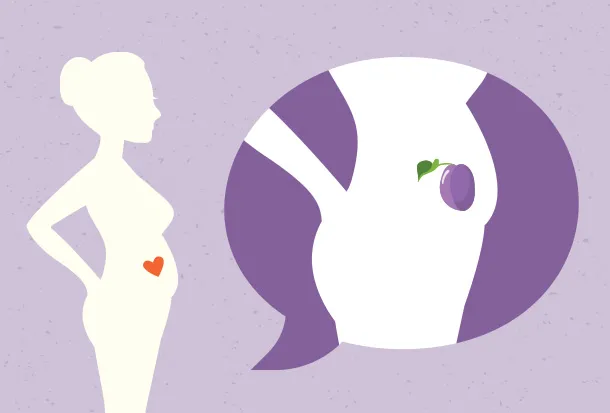
9th week of pregnancy – which month is it? What symptoms and feelings can you expect?
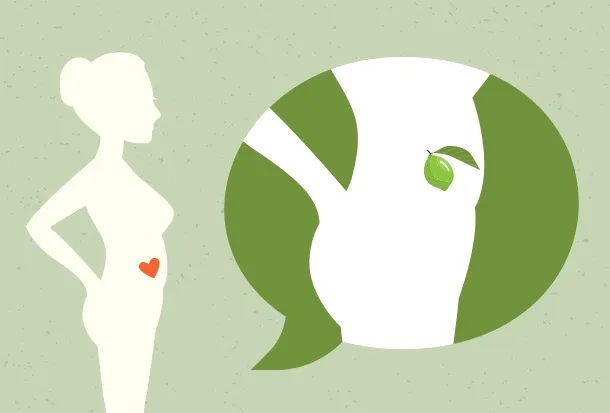
The 8th week of pregnancy – course and symptoms, development of the baby
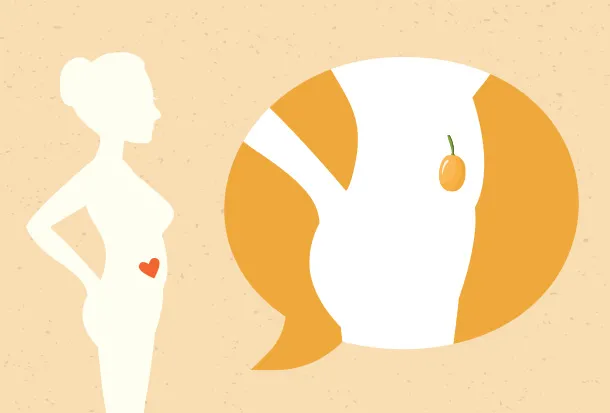
Week 7 of pregnancy – the baby’s development and the mother’s well-being
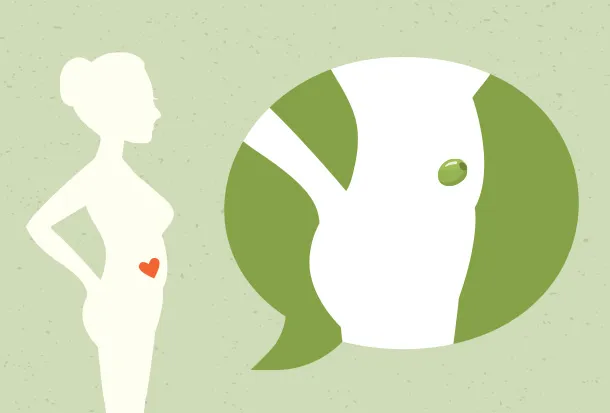
6th week of pregnancy – what happens in the body of mother and child?
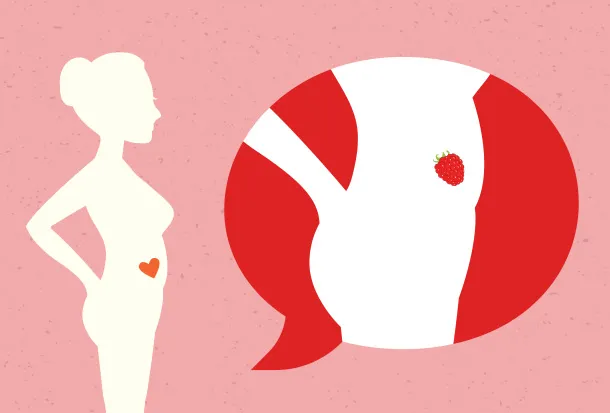
Week 5 of pregnancy – what happens in the body of mother and child?


